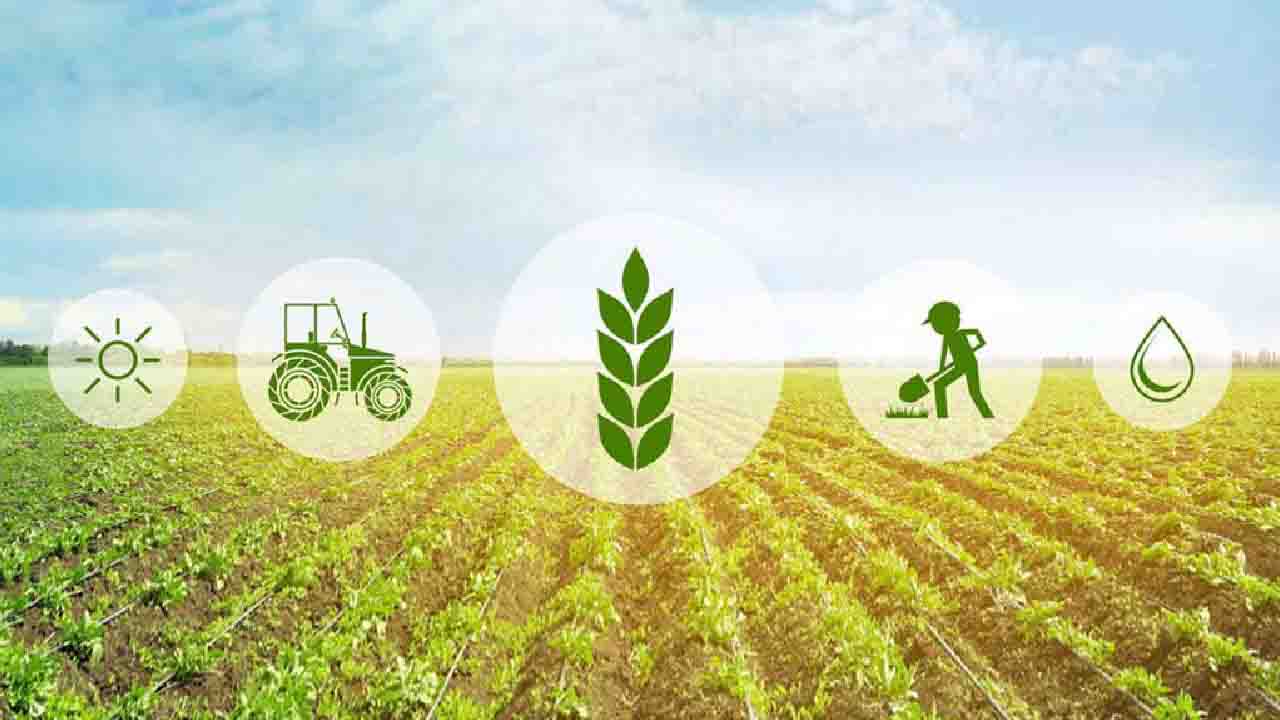In recent years, there has been a significant shift in consumer preferences towards more sustainable agriculture practices. Increasing awareness about the environmental, social, and health impacts of conventional farming methods has driven consumers to seek out sustainable alternatives. This demand for sustainable agriculture practices is rooted in the desire for a healthier planet, safer food choices, and a more ethical and equitable food system.
Environmental Concerns
Consumers are increasingly concerned about the environmental consequences of conventional agriculture. Industrial farming practices, such as heavy pesticide and fertilizer use, deforestation, and greenhouse gas emissions, have been linked to soil degradation, water pollution, biodiversity loss, and climate change. Consumers recognize that unsustainable farming practices have long-term negative effects on the planet and are demanding a shift towards more environmentally friendly approaches.
Health and Food Safety
Consumers are becoming more conscious of the potential health risks associated with conventional farming methods. The use of synthetic pesticides and antibiotics in agriculture can result in chemical residues in food products and contribute to the rise of antibiotic-resistant bacteria. Moreover, the demand for organic and sustainably produced food has increased due to concerns about genetically modified organisms (GMOs) and the use of growth hormones in livestock. Consumers are now seeking out organic, locally sourced, and pesticide-free options to ensure the safety and nutritional quality of the food they consume.
Ethical and Social Considerations
Sustainable agriculture also addresses consumers’ ethical and social concerns. They are increasingly aware of the negative social impacts of industrial farming, such as exploitative labor practices, unfair wages, and poor working conditions for farmworkers. Consumers are demanding transparency and accountability throughout the food supply chain, advocating for fair trade and fair labor practices. They are also supporting local farmers and small-scale producers who prioritize ethical treatment of workers, animal welfare, and community engagement.
Alternative Farming Methods
As consumers demand more sustainable agriculture practices, alternative farming methods are gaining popularity. Organic farming, agroecology, permaculture, and regenerative agriculture are some of the approaches that prioritize soil health, biodiversity, and ecosystem preservation. These methods minimize chemical inputs, promote natural pest control, and enhance soil fertility through techniques like crop rotation and composting. Consumers are actively seeking out products labeled with certifications such as organic, fair trade, and non-GMO, as they serve as indicators of sustainable and ethical production practices.
The Role of Technology and Innovation
Advancements in technology and innovation play a crucial role in meeting the growing demand for sustainable agriculture. Precision agriculture, vertical farming, hydroponics, and aquaponics are some of the innovative practices that can reduce resource use, increase productivity, and minimize environmental impact. Consumers are also embracing emerging technologies that improve traceability, such as blockchain, allowing them to verify the authenticity and sustainability of the products they purchase.
Consumers are driving the demand for more sustainable agriculture practices by aligning their purchasing power with their values. Concerns about the environment, health, ethics, and social impact of conventional farming have prompted a shift towards sustainable alternatives. As consumers continue to prioritize sustainability, farmers and food producers are adapting their practices to meet these demands. By supporting sustainable agriculture, consumers contribute to building a healthier planet, promoting food safety, and fostering a more equitable and ethical food system.











